|
There’s been an exponential rise in the number of private military and security companies being contracted to fight in war zones as well as to play a part in distributing food or managing situations after a disaster has struck. But there are huge gaps in our understanding of the impact they have. Jonathan Powell Christopher Michael Faulkner and Joshua Lambert set out what they found in their recent investigation.
People all over the world are losing faith in journalists and media organisations, This is true for a number of countries in Africa too. This erosion of trust is happening at the same time that authoritarian rulers are tightening their hold on the media as well as internet access. Jeffrey Conroy-Krutz explains why it is important for renewed vigilance to safeguard press freedom - and democratic rights more broadly.
|
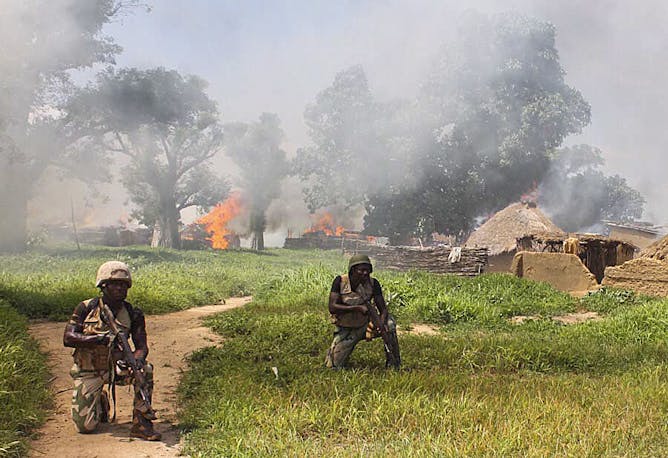
Nigerian soldiers clearing Boko Haram camps in Borno State. The government has contracted private security companies to help.
EPA/Stringer
Jonathan Powell, University of Central Florida; Christopher Michael Faulkner, Centre College; Joshua Lambert, University of Central Florida
Private military and security companies are increasingly being contracted in Africa. But there are big gaps in understanding their impact.
|
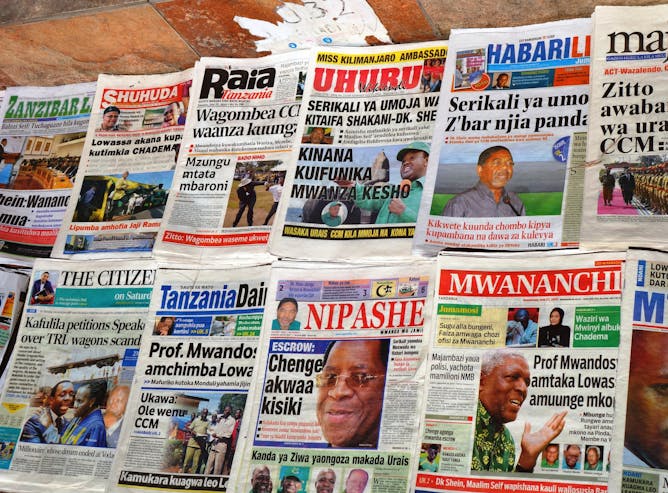
Newspapers in Swahili and in English in Dar es Salaam. The media is increasingly not trusted in Tanzania.
Shutterstock
Jeff Conroy-Krutz, Michigan State University
In a surprising change in trends, citizens in many African countries increasingly support government restrictions of press freedom.
|
Politics + Society
|
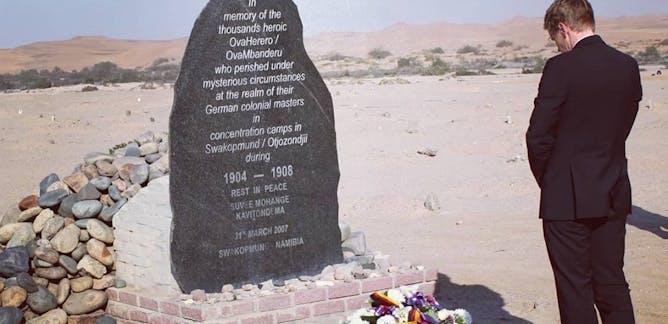
Henning Melber, University of Pretoria; Reinhart Kössler, Freiburg University
Germany praises itself for having declared a 'special responsibility' for Namibia since independence. But the relationship is viewed differently from Windhoek.
| |
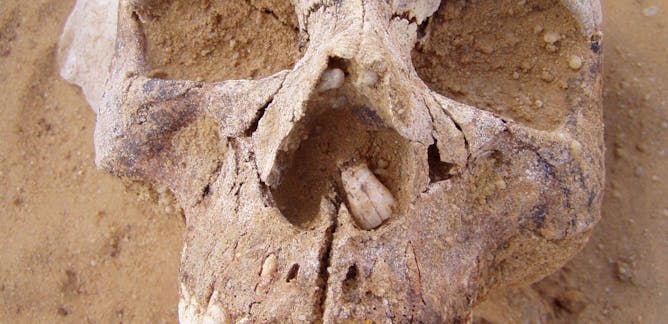
Joel D. Irish, Liverpool John Moores University; Czekaj- Zastawny Agnieszka, Polish Academy of Sciences; Jacek Kabacinski, Polish Academy of Sciences
Stone Age people in Egypt showed great respect for their dead, providing a glimpse of what was to come in the Dynastic period.
|
|
|
En français
|
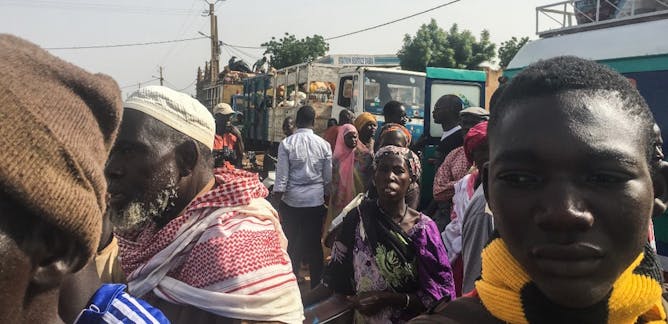
Etienne Huyghe, Université Paris 1 Panthéon-Sorbonne
Le Mali fait face à une double interrogation : est-il possible d'initier un tel dialogue ? Si oui, est-ce souhaitable au vu des objectifs poursuivis par l'État malien et par les djihadistes ?
| |
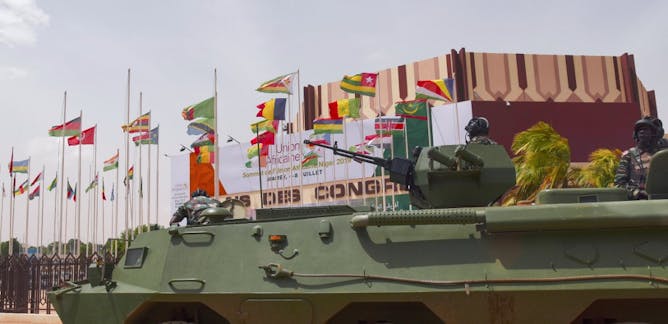
Christian Abadioko Sambou, Université de Lille
Les problématiques sur la ZLEC ne se posent pas seulement en termes économiques et commerciaux. Elles comportent également des enjeux et des défis sécuritaires qui requièrent beaucoup de diligence.
|
|
|
From our international editions
|
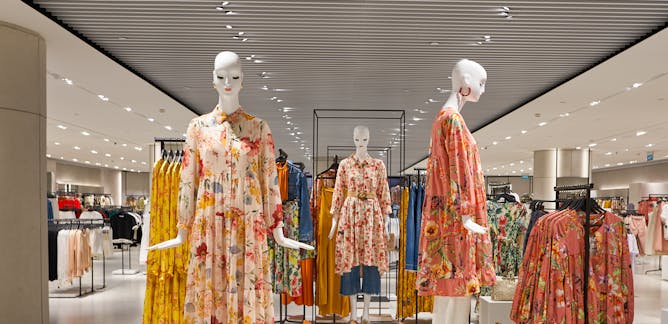
Anika Kozlowski, Ryerson University
Zara, a fast-fashion clothing company, recently pledged to produce its line using only sustainable textiles. But it is not enough to curb the company's significant impact on climate change.
| |

Santosh Vijaykumar, Northumbria University, Newcastle
New evidence suggests most YouTube videos on climate change deny its existence.
|
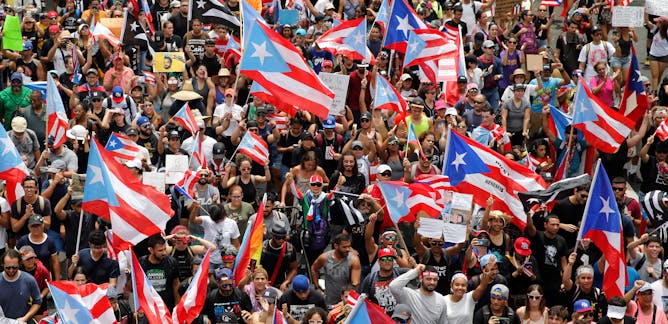
Elizabeth Aranda, University of South Florida; Alessandra Rosa, University of South Florida
Rosselló's corruption is just the latest in a string of disasters for Puerto Ricans -- but it also created an opportunity for a stressed community to come together.
| |
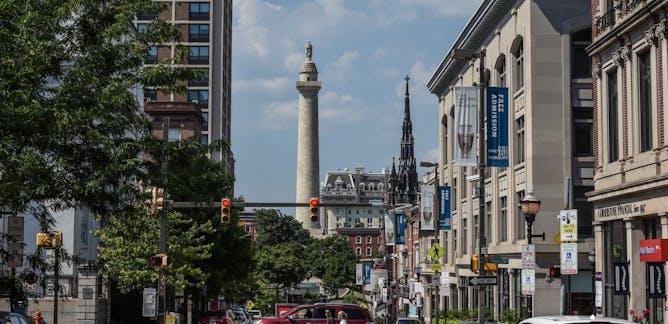
William A. Donohue, Michigan State University
Extreme, dehumanizing language like the words used by President Trump to describe Baltimore can escalate into destructive outcomes, writes a scholar of hostage negotiation.
|
|
|